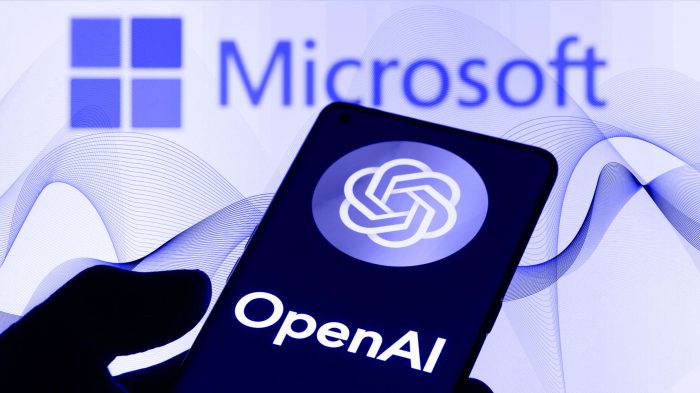- Microsoft has withdrawn from its observer seat on OpenAI’s board.
- This move follows months of observing progress and expressing confidence in OpenAI’s direction.
- OpenAI announced there will be no further observer roles on its board, dispelling rumors of Apple gaining similar status.
- The current board, post-restructuring, includes notable figures from tech and governance sectors.
- Despite Microsoft’s exit, it retains a significant 49% stake in for-profit OpenAI, having invested nearly $13 billion.
- EU antitrust concerns have surfaced regarding big tech’s influence on emerging AI entities, echoing sentiments from regulators.
- Microsoft’s decision likely reflects strategic considerations amidst heightened regulatory scrutiny.
Main AI News:
Microsoft has exited its observer seat on OpenAI’s board, signaling a shift in their strategic partnership dynamics. The departure comes months after Microsoft initially gained the non-voting position, citing significant progress within OpenAI and confidence in its trajectory, as reported by Axios. With this move, OpenAI has declared there will be no further observer roles on its board, effectively dismissing speculations of Apple securing a similar position.
“We appreciate Microsoft’s affirmation of our board and strategic direction,” OpenAI conveyed in a statement to TechCrunch. Under CFO Sarah Friar’s leadership, OpenAI is redefining its engagement strategy with key partners like Microsoft and Apple, as well as with investors including Thrive Capital and Khosla Ventures.
Microsoft assumed the observer role following leadership changes at OpenAI last year, a period marked by board restructuring, except for Quora CEO Adam D’Angelo. The current board lineup includes former Salesforce co-CEO Bret Taylor, ex-Treasury Secretary Larry Summers, Instacart CEO Fidji Simo, former Sony Corp EVP Nicole Seligman, former Gates Foundation CEO Dr. Sue Desmond-Hellmann, ex-NSA head Paul Nakasone, and Sam Altman alongside D’Angelo.
Despite these shifts, notable departures such as researchers Andrej Karpathy and Ilya Sutskever have left OpenAI, with Sutskever founding Safe Superintelligence Inc. post-departure, focusing on advancing AI safety.
While relinquishing its observer role, Microsoft retains a substantial 49% stake in for-profit OpenAI, having invested nearly $13 billion. This partnership has drawn attention from EU antitrust regulators, cautioning against potential dominance by tech giants over emerging AI entities, as highlighted by Margrethe Vestager, EU’s executive vice-president for competition policy.
“Microsoft’s decision appears influenced by ongoing competition scrutiny,” remarked Alex Haffner, a competition partner at Fladgate, stressing Microsoft’s cautious approach amidst intensified regulatory oversight.
Conclusion:
Microsoft’s withdrawal from OpenAI’s observer seat underscores shifting partnership dynamics in the AI sector, prompting scrutiny from regulatory bodies wary of monopolistic influences. This move signals a recalibration in how tech giants navigate collaborations with AI innovators amidst evolving regulatory landscapes.

